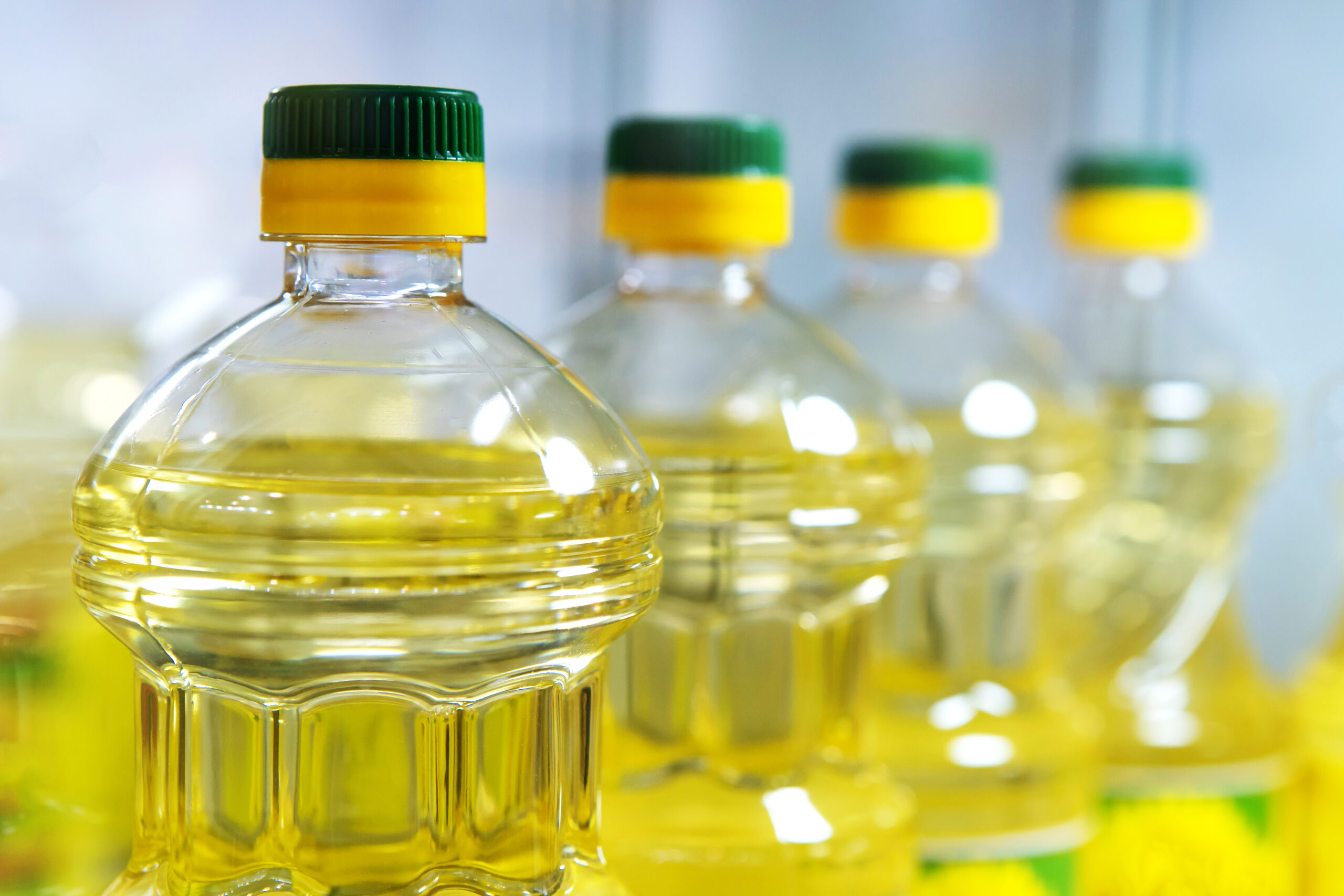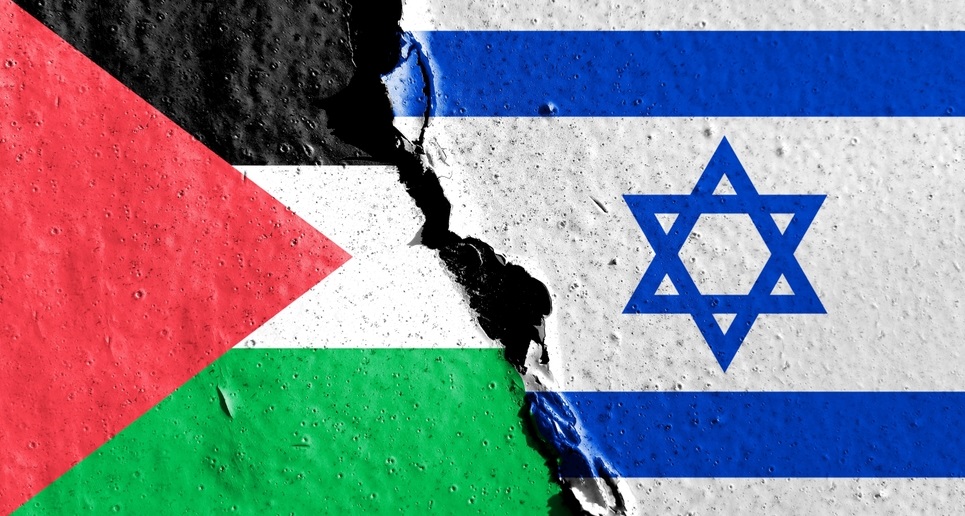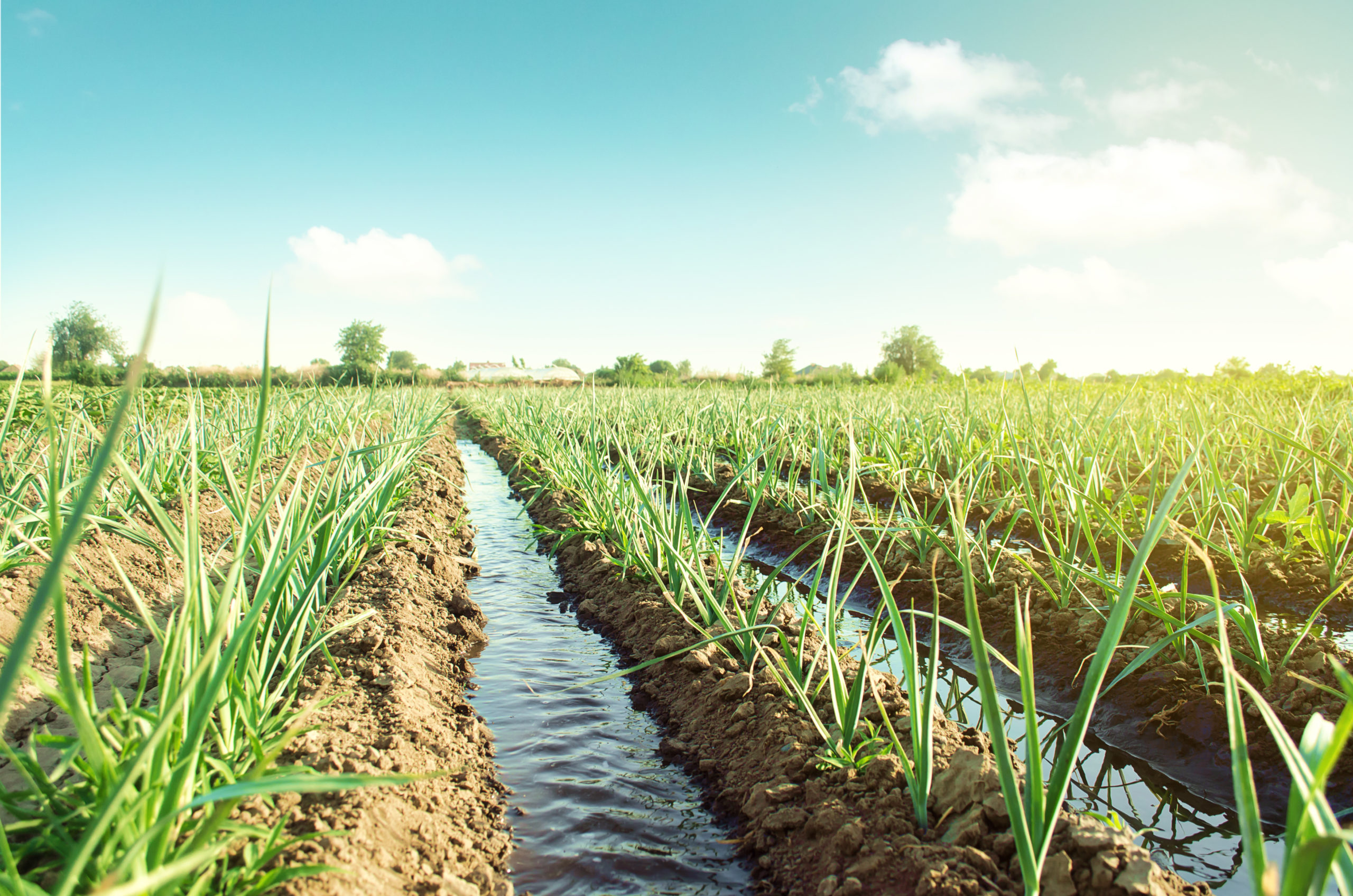Two years after the covid-induced run on toilet paper, customers are panic-buying sunflower oil and flour. Rather excessive, according to a Wageningen Economic Research study.
Except in the areas where combat is taking place, the war in Ukraine has not yet sparked any food shortages. Not in the Netherlands, not in the EU, nor in the rest of the world. Prices, however, are soaring as a result of panic and unrest on the market. This is the conclusion of an analysis commissioned from Wageningen Economic Research by minister Staghouwer (Agriculture, Nature and Food Quality), which he recently submitted to parliament.
Great volatility
Researchers can easily explain the immediate and considerable increase in the price of grain—factors such as hoarding and unrest in the market influence the prices. In general, agricultural markets are not very balanced and can easily be affected, which translates into a great degree of volatility in prices. Minor shortages or surpluses can easily tip the balance’, the report states.
Disadvantaged groups affected
The researchers point out that although there is currently ample supply, the increasing prices of food products may still hamper access to food. This effect is most apparent among inhabitants of poorer countries, who sometimes spend as much as half their income on food. In the Netherlands and elsewhere in Europe, consumers may feel the effects of the increasing food prices that result from more expensive feedstock increased energy prices. This effect, incidentally, had already started before the war. According to the report, there is no imminent threat of food shortages. ‘Some products may become scarce, but there are sufficient alternatives available to prevent scarcity from becoming a threat to food security.’ There is much uncertainty on how the situation will develop over the long term. Different scenarios will be explored to provide a more accurate perspective.
Rye bread and chocolate sprinkles
An endearing detail about this investigation: Researcher Petra Berkhout was interviewed by media ranging from the financial daily to Kids Week. The young readers of the latter were reassured. There is no need to fear empty shelves (in Dutch) because the Netherlands is capable of self-reliance, even if all imports are suspended. ‘However, we would revert to the diet we had in the Middle Ages, with lots of rye bread since wheat is imported. And there will be no chocolate sprinkles, as our colder climate is not suited for cocoa trees.’

 Photo: Shutterstock
Photo: Shutterstock 

